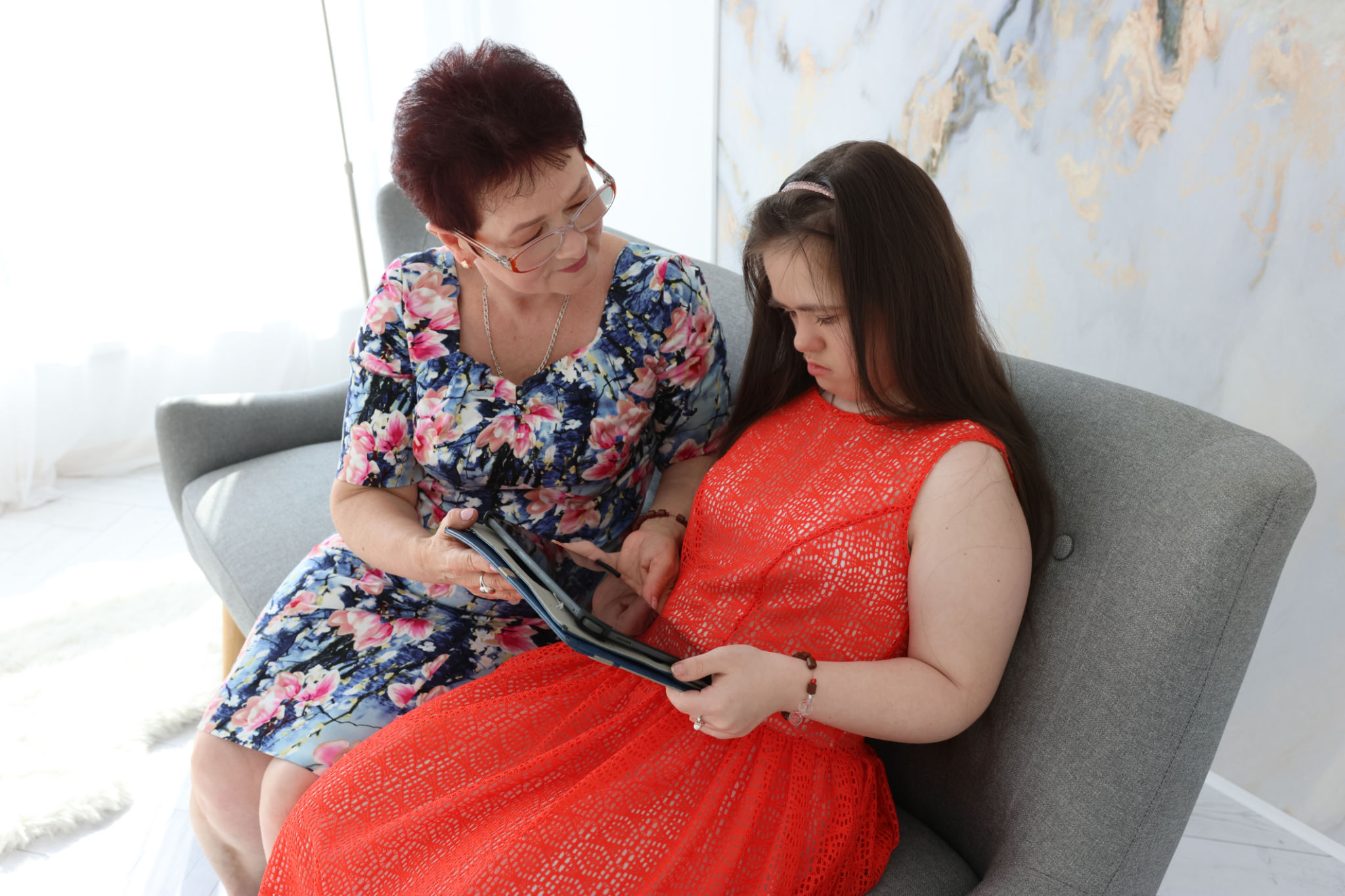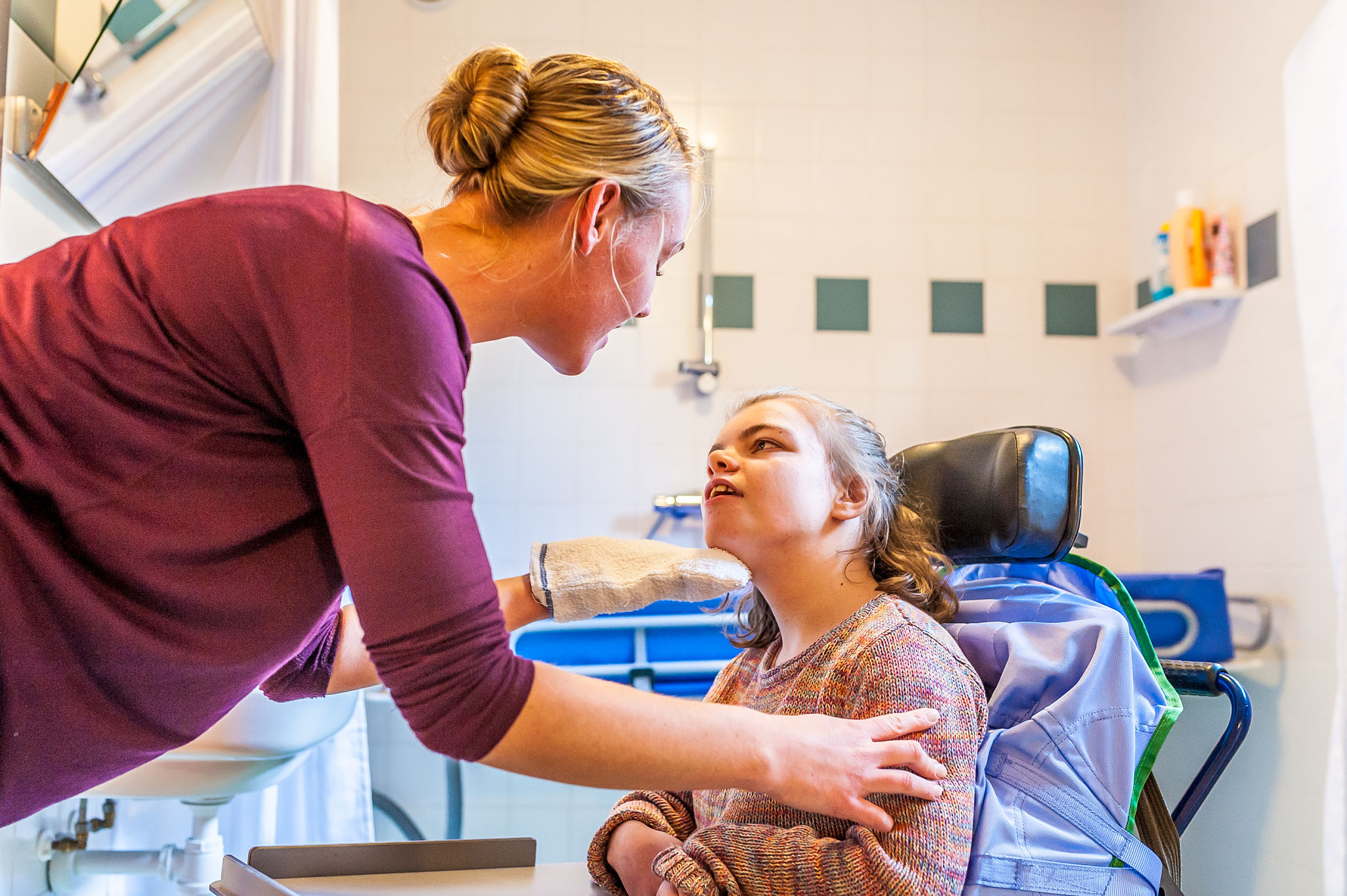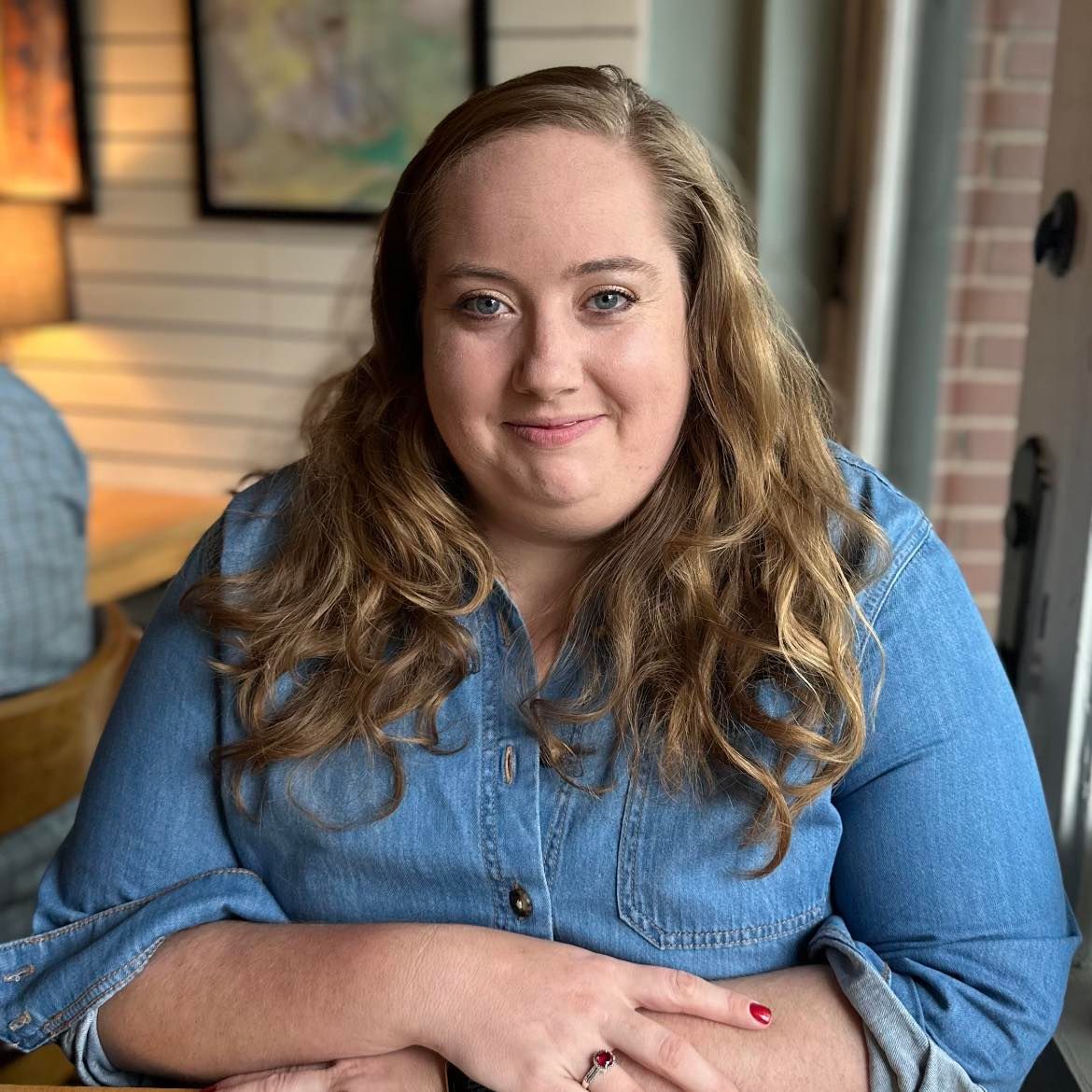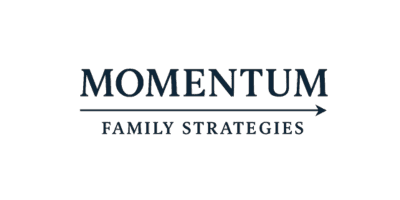The Quiet Shift Toward Dependence: Why Families Are Losing Autonomy
SH
Has anyone else noticed the growing culture of dependence around public services?
I’m Samantha Harrison. Behind every Medicaid waiver and disability policy is a family fighting for their loved one’s future. This space is about truth, courage, and clarity—giving you tools, hope, and a steady voice when everything feels like too much.
Government disability programs can be life-changing.
I’ve spent over 15 years helping families navigate Medicaid waivers, disability supports, and public services, and I’ve seen the incredible difference these programs can make when they work well.
They keep people at home, provide life-sustaining care, and open doors to opportunities that would otherwise be out of reach.
But there’s an uncomfortable reality:
- The lines are long. Waitlists can stretch years—or even decades.
- The programs aren’t for everyone. Even if you can access services, it's becoming increasingly difficult to access the support you need.
- Families are discouraged from exploring other paths. Too often, they’re told that all support should be free—so they wait, instead of looking at the full range of available options.
The result?
Families who could act now to support their loved one are pushed into a holding pattern where their choices and timelines are dictated by someone else’s process.
It wasn’t always like this.
Fifty years ago, families often built solutions from a mix of community support, personal networks, and available programs.
The idea that every need would be met by a single system—and that families should simply wait—would have been unthinkable.

Why This Concerns Me
When parents and caregivers are told not to explore outside resources—whether free, reduced-fee, or premium—it sends a subtle but powerful message:
You can’t—and shouldn’t—solve this on your own.
Over time, that message chips away at autonomy.
Families begin to accept that the only path forward is to wait… and wait… and wait, for whatever crumbs make it through the system.
I’ve seen it happen in devastating ways:
- A family who qualified for emergency services after their parent died spent years still waiting for care, stalled by the very agencies meant to help them.
- Parents who were told “don’t pay for help” never learned about reduced-fee programs, scholarships, or specialized services that could have made a difference while they waited.
- People who waited so long that skills regressed, health declined, and opportunities were lost for good.

What Happens While You Wait
The waitlists for “free” services are often years long. In some cases, more than a decade.
During that time, families don’t just sit on pause—they agonize. They watch their loved one’s needs grow more complex and their own energy run out.
I’ve seen:
- Skills regress as people lose opportunities to stay active and engaged.
- Health and safety decline without the right supports in place.
- Parents’ energy is drained until they’re surviving instead of problem-solving.

The Full Spectrum of Options
Waiting for “free” programs isn’t the only choice. Families can access:
- Free services through public programs, nonprofits, and grants
- Low-cost or sliding scale supports with reduced fees, scholarships, or cost-sharing
- Intensive programs for families who need speed, customization, or specialized expertise and are ready to invest in faster results
So why aren’t families routinely told about all of these?
Why aren’t social service professionals and organizations starting the conversation with,
Here’s the full range of supports you can choose from—so you can decide what’s best for your family?
Instead, programs and services operate in silos.
Leaving too many families are left with the false impression that they must wait for one narrow path to open—while other resources go unused.
Whether it’s hesitation to mention paid options, fear of appearing biased, or simply following the “free first” mindset, the result is the same: families aren’t given the full picture.
That’s not just a missed opportunity—it’s a violation of the principle of informed choice.
Families have the right to know every available pathway so they can weigh the trade-offs, set their own priorities, and take action before crisis hits.

The Bold Truth Parents Need to Hear
The disability service system was never designed to meet 100% of your needs.
If you rely on it completely, you may wait until it’s too late.
This isn’t about rejecting government programs—they are vital. It’s about refusing to give up your autonomy while you wait. Families deserve:
- Accurate, transparent information about all available options
- Permission and encouragement to use resources that fit their needs now, not just when the system says they’re “ready”
- Confidence to make choices that protect their loved one’s future—whether they’re free, low-cost, or premium
Because when you have the tools and freedom to act, you don’t just survive the wait—they build a life that can’t be put on hold.
Meet Samantha
Samantha Harrison is a disability consultant with over 13 years of experience helping Kentucky families navigate Medicaid waivers, hire caregivers through Participant-Directed Services (PDS), and build care teams that actually work.
She’s on a mission to help families who are being left to manage complex systems alone—facing long waitlists, confusing rules, and impossible decisions without enough support. And with new Medicaid cuts looming, the stakes have never been higher.

